Building your Business in the Metaverse
GETTY via @Forbes
Let’s start from the beginning by first understanding the backbone of the metaverse, which is Web 3. Web 3 is the next generation of the internet. And blockchain networks are the foundation of Web 3. These blockchain networks are collectively managed by public infrastructure (decentralized environment) instead of centralized by Big Tech companies. In a decentralized environment, content, assets and any value is owned by the users who create it, unlike in Web 2 where ownership is centralized in the hands of a few Big Tech giants. Web 3 and blockchain represent a new paradigm shift, challenging how the internet works and who manages public infrastructure.
The metaverse uses tech advances in Web 3 to achieve its goal. People worldwide can connect to learn, play, work, shop and share unique experiences together. Augmented reality, virtual reality and gaming platforms are part of one metaverse, just as all the Web 2 social platforms are part of one internet. What’s exciting is that we’re just at the beginning of building what the metaverse looks like. The metaverse is the convergence of the digital and physical worlds. It’s not about taking people out of reality into the virtual world; instead, it’s about enhancing your existing reality.
McKinsey reports that $54 billion per year is spent on virtual goods, almost double the amount spent buying music. Bloomberg analysts suggest that the total market value of the metaverse as the world’s “next big technology platform” could reach $800 billion by 2024.
Why now?
The metaverse is best understood as the evolution of the internet toward an immersive and frictionless 3-D Web that can be viewed in virtual reality and augmented reality.
Several technologies have enabled this metaverse vision.
As AR and VR headsets become cheaper and more powerful, the user experience improves. Digital currencies and NFTs have been enabled by blockchain technology. By using tokens, creators are monetizing their activities through new methods for transacting and owning digital goods. Along with monetization and value exchange, token-holders can also participate in platform governance (e.g., vote on decisions). With democratic ownership and interoperability, digital goods and services are no longer captive to a single platform or brand, creating immense economic opportunities.
As virtual experiences become more immersive, people build communities around shared values and express themselves more authentically. And at the same time, Covid-19 accelerated the digitization of people's lives and normalized more persistent, multipurpose online engagement. This combination of technological, social and economic drivers results in the explosion of interest in the metaverse.
Which industries will get disrupted?
Just as every industry has completely transformed because of the internet and digitization, in the same way, it's likely that every single industry will be transformed by Web 3 and the metaverse. Our interactions—both social and transactional—will be redefined. The way doctors treat patients, the way design teams collaborate on a project, how we watch live concerts and much more will change. Even if we consider how we engage with sporting events or file insurance claims, once Web 3 and the metaverse become normalized, all these interactions will experience systemic shifts in how everything operates.
How should you kick off your metaverse strategy?
The metaverse is the future of the internet, and investing in the metaverse can open up new opportunities to communicate, engage and offer unique value around new business models.
Every effective strategy begins with asking yourself the right questions. Here are some things to consider:
● If your business spent more time in virtual and 3-D environments to interact with employees and clients and manage transactions, what impact would it have on your company? Think of how you conduct business today and what would change if you operated in the metaverse.
● What can you tokenize in the metaverse? Tokens in the metaverse are what websites are in Web 2. Just as we can have different types of websites (like e-commerce, knowledge/Wikipedia, etc.) in the same way, you can have different types of tokens (e.g., real estate, art, etc.).
● Do you have the expertise to execute a metaverse strategy on your own? Find the talent that can bring your vision to life. Very few people are experienced in this field, so looking for employees with transferable skills who are excited by Web 3 and are naturally drawn to future thinking opportunities is a great place to start.
● What current experiences does your business offer now that can translate to the metaverse? The key word here is authenticity. Don’t force it; think through which experiences can work best, leveraging VR, AR and other technologies.
● Are your competitors in the metaverse? This is where you can gain an advantage. If your competitors are not in the metaverse, you have a chance to define that space. If they’re already there, take the opportunity to learn from what they are doing well and not so well.
● Should you be targeting a younger generation who are more tech-savvy? Never lose sight of your core audience, but is there an opportunity to expand it?
The metaverse is happening right now and will be part of the way we’ll interact, engage and express ourselves digitally. You will encounter costs associated with getting in early. You’ll make mistakes, and there are always risks when something is this new. But those risks are offset by the potential advantages you gain by establishing your footprint now. How you approach this opportunity will define your business for the foreseeable future.
This article was originally published @Forbes.

